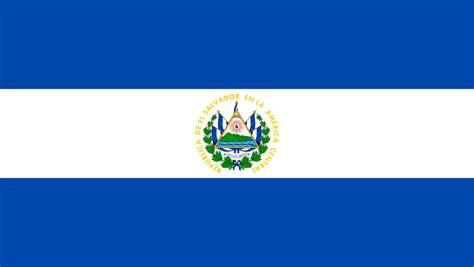The National Roundtable against Metallic Mining in El Salvador, a coalition of environmental and social movement organizations, universities, water justice activists, faith communities, human rights defenders, and others, issued a warning last week regarding the intention of the Bukele administration to permit metal mining in El Salvador, reversing the ban passed unanimously in 2017. As background, in 2017, El Salvador became the first country in the world to pass a total ban on metal mining. The historic legislation was the achievement of over a decade of community organizing and education, led principally by rural women, and came at the cost of violent harassment, threats, and even the assassination of community leaders involved in the struggle. Four years later, under the Bukele administration, environmental and social movement organizations are again on alert over the possible return of metal mining in El Salvador. “We are not being alarmists," said Omar Serrano from the Universidad Centroamericana José Simeón Cañas (UCA). "There are signs indicating that [the administration] is thinking of returning to mining, even if they do not say so publicly.”

